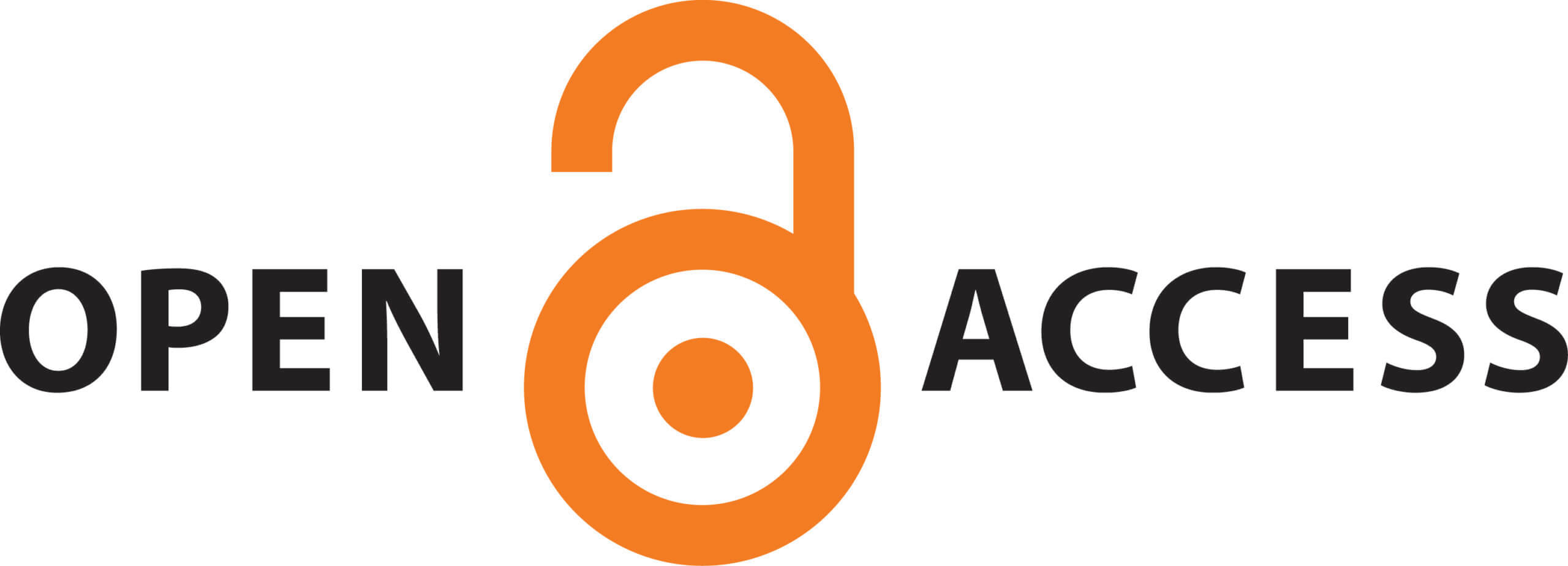Spiritual Well-being, Resilience, and Life Satisfaction in General and Religious Education Institutes
DOI:
https://doi.org/10.24312/ucp-jhss.01.01.005Keywords:
Education, life satisfaction, religious schools, resilienceAbstract
This study aims to explore if General Education Institutes (GEIs) and (proclaimed) Islamic Education Institutes (IEIs) have different effects on spiritual well-being, resilience, and satisfaction with the life of students. Participants included 76 male students (Mage= 18.56, SD = 3.56) and 82 female students (Mage = 21.34, SD = 2.66) from GEIs, and 70 male students (Mage = 18.21, SD = 2.97) and 84 female students (Mage = 21.23, SD = 2.89) from IEIs. Data was collected using approved Urdu language versions of the Spiritual Wellbeing Scale, Child and Youth Resilience Measure, and Satisfaction with Life Scale.
Student’s t-test indicated that there was no significant difference between students of GEIs and IEIs in terms of spiritual well-being, resilience, and life satisfaction. However, regression analysis indicated that spiritual well-being and resilience were significant predictors of life satisfaction in students. This study will aid educational policymakers and course-content advisors to polish the curriculum of religious schools to stimulate better psychological development of students.
Downloads
Published
Issue
Section
License
Copyright (c) 2022 Journal of Humanities & Social Sciences

This work is licensed under a Creative Commons Attribution 4.0 International License.






